Episode 27: Gender Apartheid – Help or Hindrance?

Episode 27: Gender Apartheid – Help or Hindrance? Many feminists around the world believe that there is a war on against women and some are calling it “gender apartheid”. The […]
Episode 26: The Femilemmas of Allyship – Voices from Beirut
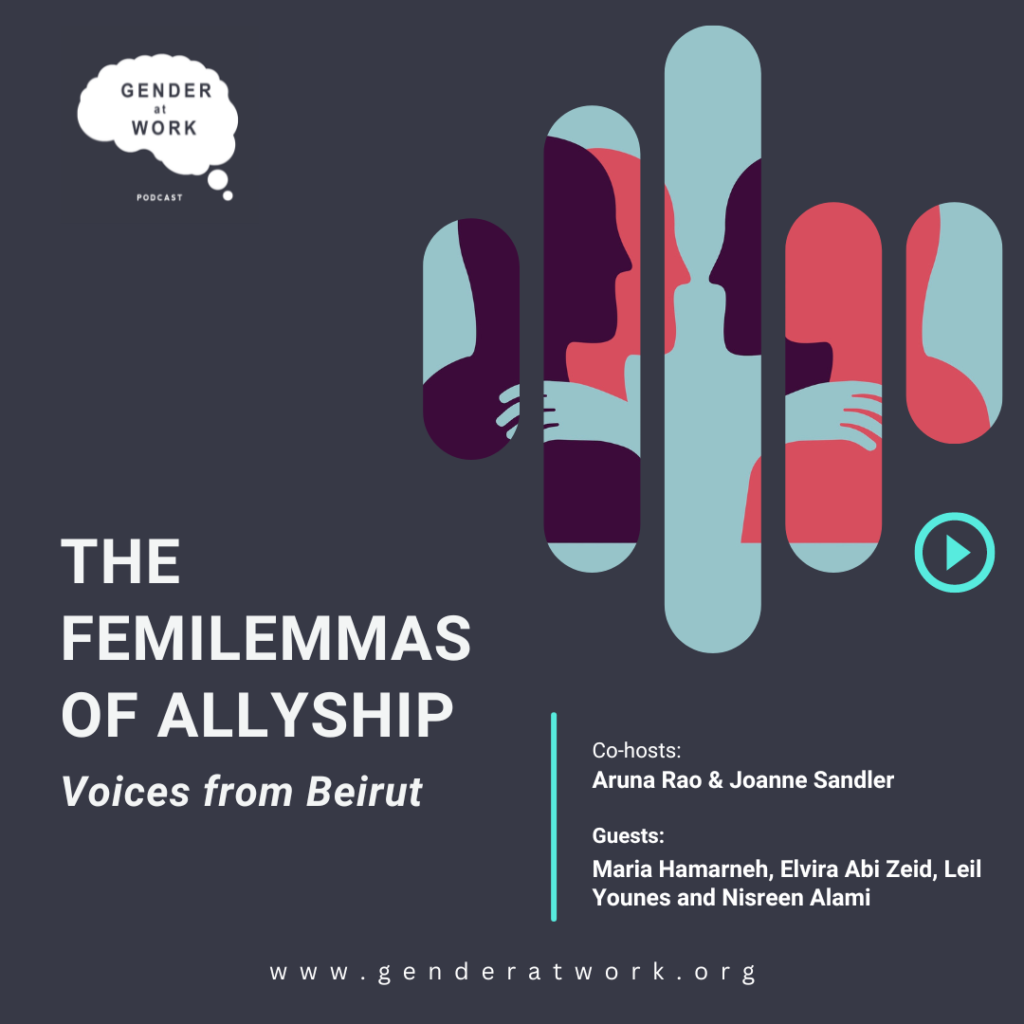
Episode 26: The Femilemmas of Allyship – Voices from Beirut In this episode, three graduate students from the American University of Beirut, Maria Hamarneh, Elvira Abi Zeid and Leil Younes, […]
Episode 25: Femilemmas Pop-Up

Episode 25: Femilemmas Pop-Up Femilemmas about gender identities, about who is a feminist, about inconsistencies when government leaders claim feminist mantles and so on, have been percolating for years. We […]
Episode 24: Leadership Transitions, Feminist Dilemmas, Soft Winds and the Roses
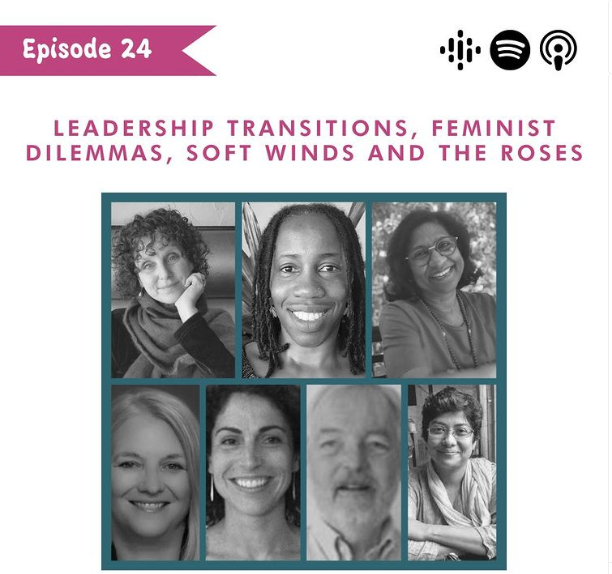
Episode 24: Leadership Transitions, Feminist Dilemmas, Soft Winds and the Roses G@W has a new Executive Director – madeleine kennedy macfoy. Welcome, madeleine! In this episode, we introduce madeleine and invite […]
Episode 23: Emergent Strategies to Support Cultures of Repair and Care
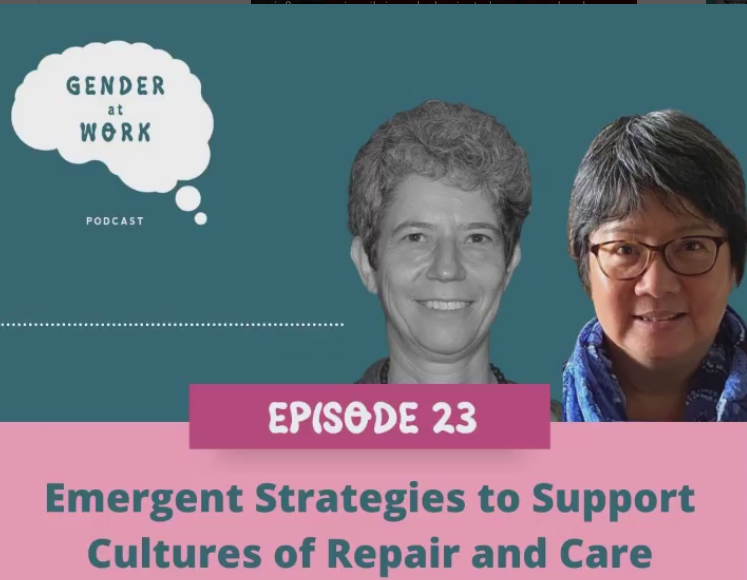
How do feminist organizations get beyond ‘calling out’ to repair and care? What can we learn from feminist leaders who are experimenting with strategies to build trust, reverse practices that undermine feminist collective action, and prioritize care, connection and thriving?
Episode 22: Feminist Reckonings or Feminist Wrecking Balls?
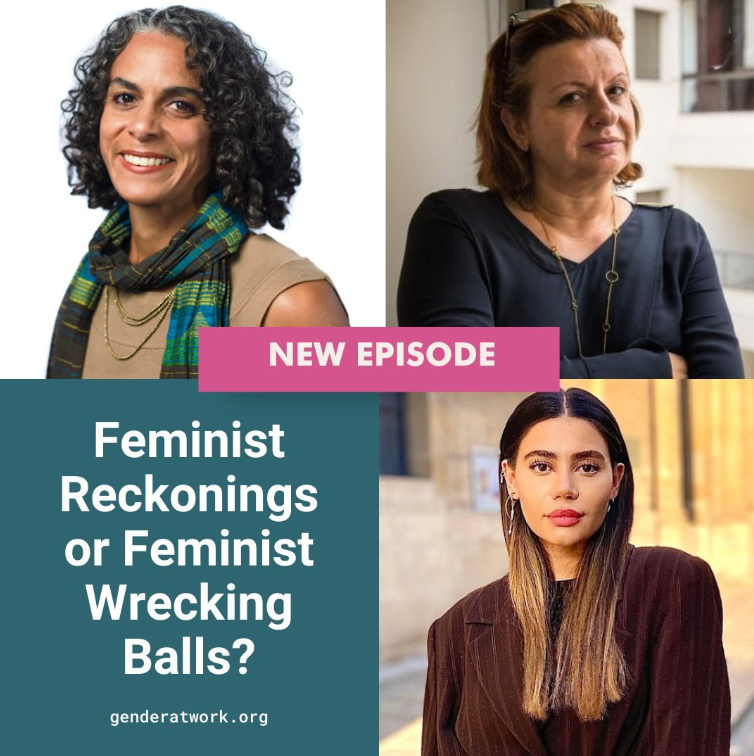
What is driving the growing numbers of implosions that many social justice groups around the world – including feminist organizations and networks — are experiencing? Coming on the heels of the #MeToo movement, the flashmobs inspired by the “El Violador Eres Tu!” movement, and the Black Lives Matter protests following the murder of George Floyd, we started to witness staff in feminist organizations publicly calling out abuse of power, racism, gender discrimination and other forms of exclusionary practices in the very organizations that we joined to reverse these.
Episode 21: Are Feminist Leadership Transitions Feminist?
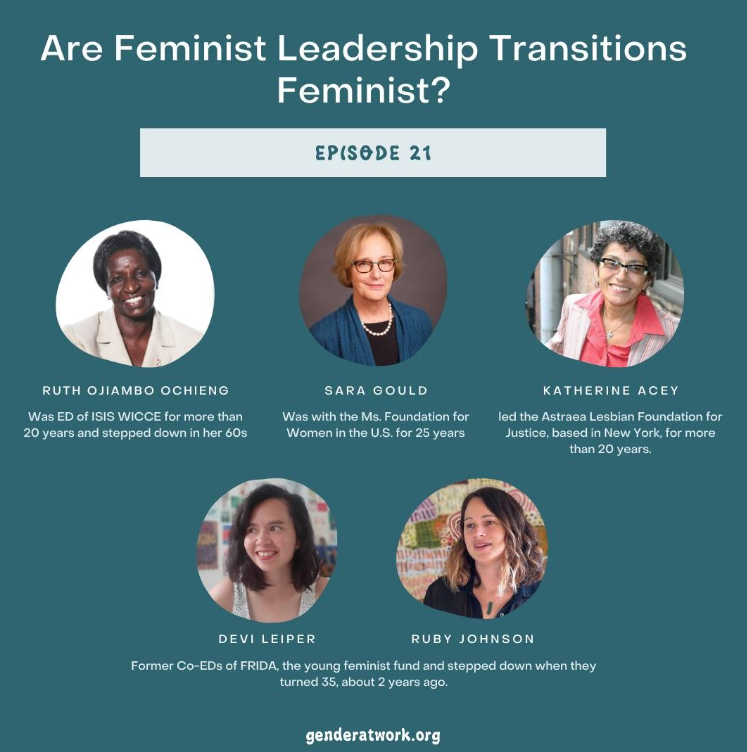
We just completed the seminal month for women’s rights globally – worldwide celebration of International Women’s Day on March 8th, innumerable events worldwide for Women’s History month in the United States, and the 66th UN Commission on the Status of Women (CSW) recently concluded. Women’s rights and feminist organizations and movements are the drivers of change for gender equality yet, the question of how feminist organizations grow and thrive, the tensions they experience between principles and how those get practiced, and around how power is exercised are really topics at events like the CSW. In our last episode, we interviewed three founder leaders of feminist organizations and for this episode, we talked with a group of fierce feminist leaders who invested their hearts and souls in four very different organizational contexts over the past 30 years.
Episode 20: Feminist Leadership Transitions
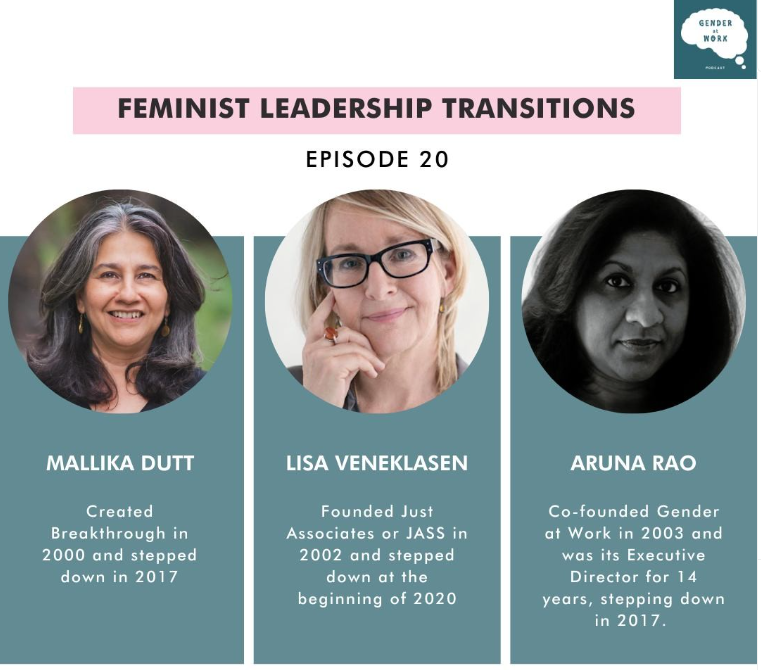
In our last episode we talked about the challenges of dismantling patriarchy and promised that our next episode would start to unpack different strategies to topple patriarchy. We have chosen to focus first on how leadership transitions happen and what happens to the leaders who choose to leave. There is a generational shift in leadership of feminist organizations around the world and we can see that these shifts happen differently in different contexts. They represent a way in which we both wrestle with and challenge patriarchy.
Walking the talk: Think tanks and gender – What did we learn?
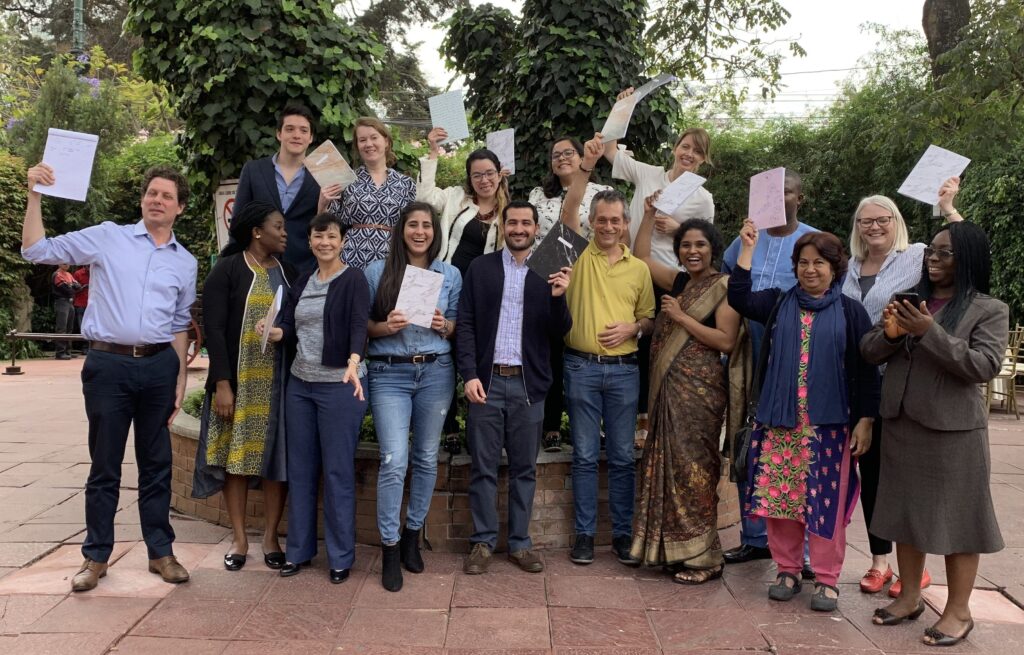
Shortly after launching this blog series, Gender at Work participated in Women Deliver 2019 Conference held in Vancouver and attended by over 8,000 policy makers, researchers and activists from around the world. Several sessions, including three co-hosted by IDRC, explored the theme of gender and research. We were intrigued by how many of the ideas discussed at Women Deliver had been discussed in the TTI Gender Action Learning Project (GALP) and in the writeshop.
Incorporating Gender into Academic Research Life

I always wondered how the University of Ghana could deepen its commitment to gender equality without ambitiously incorporating the concept into all aspects of academic research life. In 2011, three years after joining the University of Ghana faculty, I rejoiced to see the University formally committing itself to gender by launching its first sexual harassment policy.
